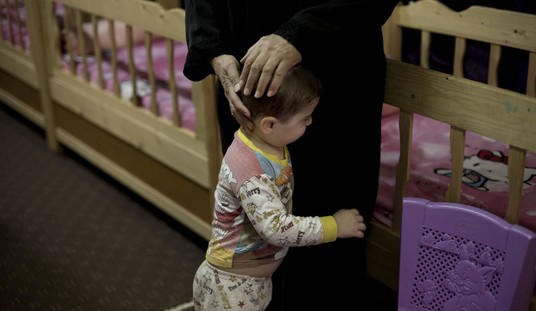Iranian crash scene investigators firmly ruled out any suspicions that the helicopter carrying the late President Ebrahim Raisi and Foreign Minister Hossein Amir-Abdollahian was attacked or sabotaged.
Last Sunday's helicopter crash, which killed the Iranian president, the foreign minister, and six other passengers, had sparked rumors of a foreign assassination attempt.
On May 23,
the same day the president was buried at the Imam Reza Shrine in Mashhad, Iran's general staff of the armed forces announced on state television that foul play was not involved in the deadly crash,.
The Iranian military told the IRNA state news agency that "no bullet holes or similar impacts were observed on the helicopter wreckage," which "caught fire after hitting an elevated area.”
The crash site was discovered by an advanced search drone provided by Turkey in the early hours of May 20, but the “complexity of the area, fog and low temperatures” hindered the work of search and rescue teams, according to the report.
The president's helicopter had been flying on a “pre-planned route and did not leave the designated flight path” before it collided with a mountain.
"No suspicious content was observed during the communications between the watch tower and the flight crew,” said the report.
The last recorded communications between the president's helicopter and the two others accompanying it occurred about 90 seconds before the crash.
The victims were onboard an antiquated Bell helicopter when it went down in a foggy conditions in a remote mountainous region of Northwestern Iran, near the border with Azerbaijan. The politicians were returning from the inauguration of a new dam.
No details on the cause of the crash have been released, but further details will be released at a later date, as investigators continue their work, said Iran's general staff.
After foreign news services reported that the Iranian president was missing, the Iranian official news agency initially stated that his helicopter suffered a "hard landing" and that at least some passengers aboard survived.
However, after a few days, Iranian Supreme Leader Ali Khamenei told the Iranian public to pray for the passengers, as more news about the crash developed.
Israeli officials immediately denied suggestions that it was involved in the crash of Raisi's helicopter, after rumors over the cause of the crash spread internationally.
The Iranian government suspected technical failure or bad weather as the primary cause of the fatal crash and not sabotage from the beginning.
Tehran has not held back in the past from accusing foreign intelligence services of assassinating Iranian officials, military figures, and nuclear scientists.
Raisi was known by his critics as the "Butcher of Tehran" because he presided over the executions of thousands of political prisoners in 1988.
Foreign observers had mentioned Raisi as one of the top potential successors to Khamenei.
During his term, Iran joined BRICS, accelerated its uranium enrichment program, fired missiles and drones at Israel over the Gaza conflict, and continued to arm Hezbollah in Lebanon and the Houthis in Yemen.
The late president also restored Iran's diplomatic relations with Saudi Arabia, backed Russia during the Ukraine conflict, and pushed for closer economic ties with Beijing.










Join the conversation as a VIP Member